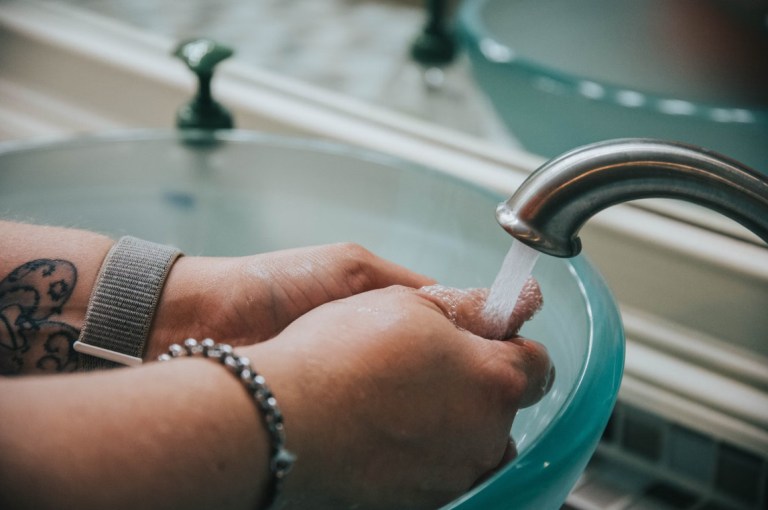Public health depends on water system safety, which prevents pollution and diseases. Water system integrity affects many people daily in homes and businesses. As plumbing and water treatment systems become more sophisticated, professional services are essential for safety. These services assure regulatory compliance and prevent waterborne infections and system breakdowns.

Legionella bacteria, which cause Legionnaires’ disease, are a major concern for water systems. Bacteria grow in certain conditions, so remediation requires expertise. Professional services are needed for Legionella remedial works, which detect contaminated sources, fix them, and monitor water quality. Industry specialists are crucial since these duties require a deep understanding of water systems’ biological and technical components.
The science behind water system contamination
Stagnation, poor maintenance, and shifting temperatures can contaminate water systems. If these systems are not monitored and maintained, they can spread Legionella, Pseudomonas, and E. coli. Mineral buildup, biofilm accumulation, and pipe corrosion also increase bacterial growth hazards.
Water safety services use advanced diagnostics, such as water sampling and risk assessments, to address these issues. These approaches detect dangers early, allowing for prompt intervention before pollution becomes a major issue. Professionals use the newest knowledge and technologies to create and implement long-term preventative strategies, reducing future concerns.
Key services of water safety professionals
Professional water system safety services range from normal maintenance to emergency response. These services begin with risk evaluations to detect water system weaknesses. These assessments create customised management strategies that ensure legal and safety compliance.
Remediation—cleaning and sanitising water systems, repairing infrastructure, and optimising system design—is also vital. Monitoring and testing services are crucial because they provide continuous water quality information and enable quick response. Professional training empowers facility managers and workers to follow safety rules.
The value of regulations and compliance
Legal and moral obligations necessitate water safety compliance. Strict government and regulatory requirements prevent waterborne disease outbreaks. Organisations need professional assistance to negotiate these rules and ensure water systems meet the highest safety standards.
Professional audits discover regulatory weaknesses. Unresolved flaws in these audits can pose serious health hazards. Professional services promote compliance, ensuring community safety and well-being.
Water system safety investment
Neglecting water system safety can cause public health issues, legal liabilities, and reputational damage. Proactively investing in professional services reduces risks, improves system performance, and provides peace of mind.
Professionals maintain water systems, reducing the need for costly repairs or legal battles. Safe water systems also establish trust among residential, business, and healthcare building tenants. Professional services are critical to water system protection, and demand rises as knowledge of waterborne threats develops.
Conclusion
Water system safety is complex but crucial to public health, requiring specialised knowledge and expertise. Professional services connect possible concerns to efficient solutions, keeping water systems safe and reliable. These services protect communities and prevent waterborne infections by performing remedial works and complying with regulations. Professional involvement helps organisations maintain the highest water system safety requirements and create a healthier environment. Ongoing monitoring and regular maintenance further ensure that water systems remain safe and operate at optimal levels.
